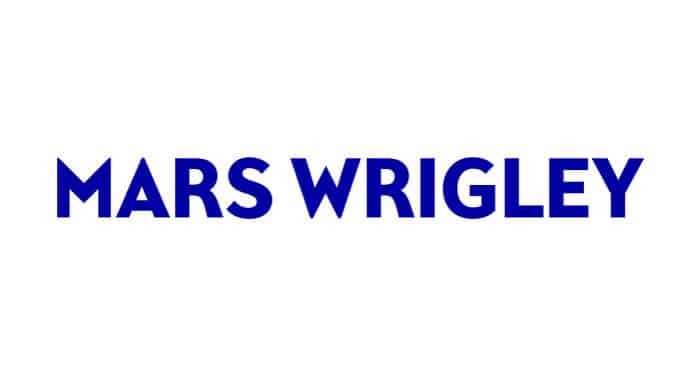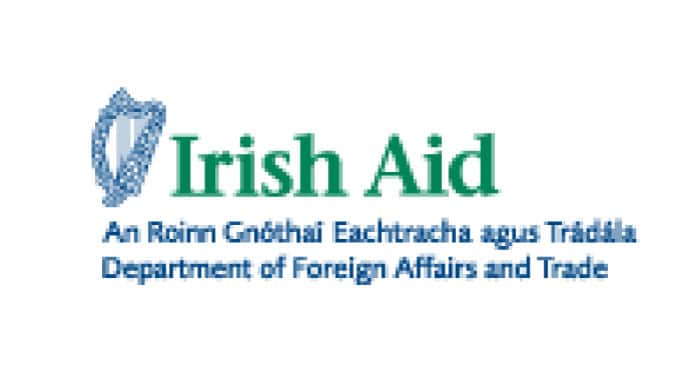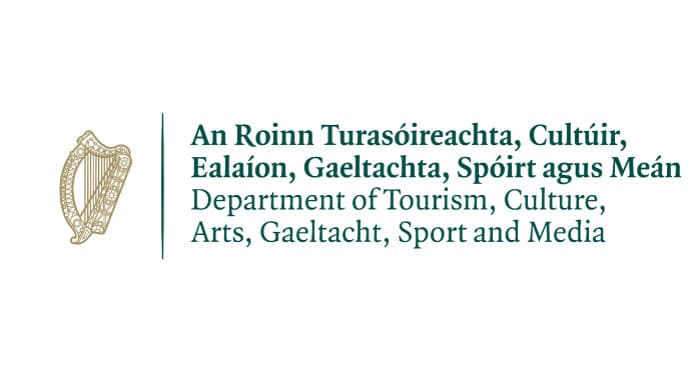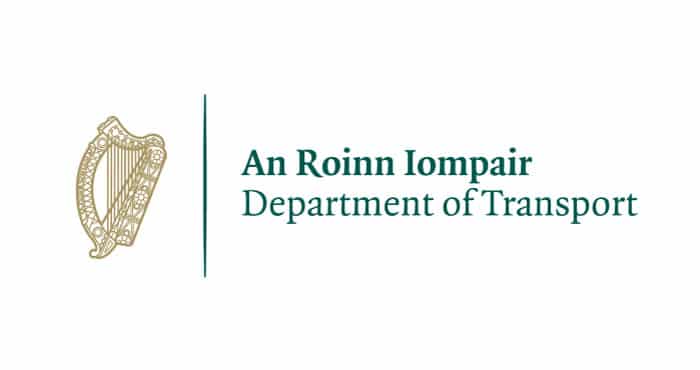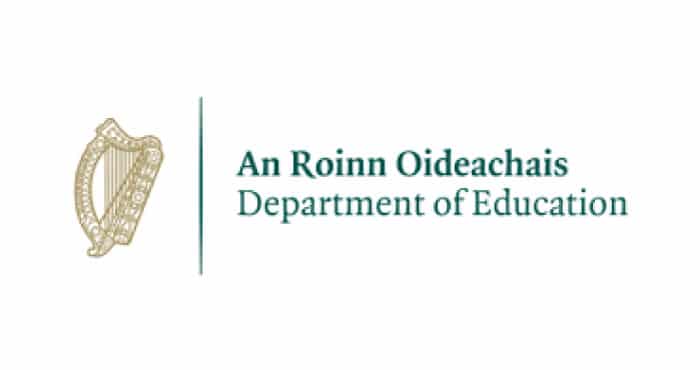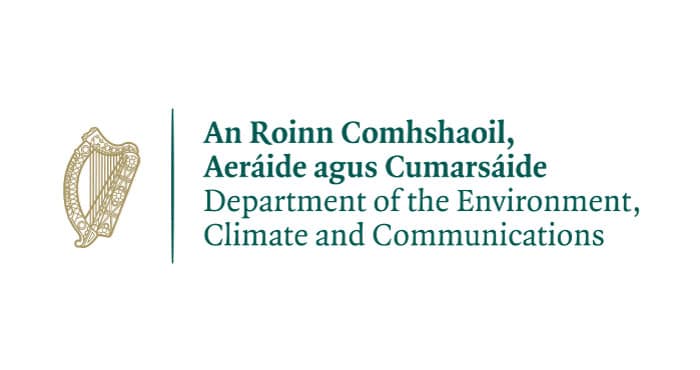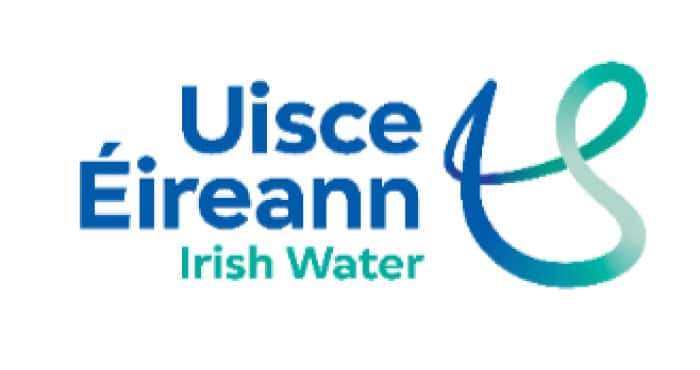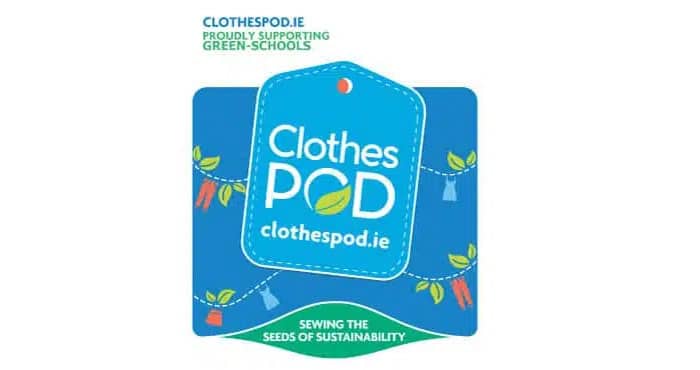The sun’s energy is the primary source of energy for all life on Earth. Energy changes form at each step in the chain. Humans and other organisms use energy to survive (grow, change, maintain health, move, and reproduce).
To heat our homes and schools we need an energy source. These energy sources can be categorised as renewable or non-renewable energy. Renewable energy is one that can be easily replenished while non-renewable is one that cannot. Examples of renewable energy include; solar, wind, geothermal, biomass and hydropower.
Fossil Fuels are non-renewable and include; oil, natural gas and coal. These are formed under intense pressure and heat over millions of years from the buried remains of plants and animals. Burning fossil fuels releases energy in the form of heat. In recent decades, humans have been burning more and more fossil fuels to meet the world’s energy demands. Burning fossil fuels contributes to acid rain, which is implicated in the loss of wildlife in lakes and rivers, the reduction of land fertility and the destruction of trees. Furthermore, by burning fossil fuels to release heat we are releasing carbon dioxide (CO2) into the atmosphere faster than plants can absorb it. CO2 is a major contributor to the greenhouse effect; as more fuels are burnt, the atmospheric concentration of CO2 increases, causing the average global temperature to rise.
Climate Change affects the distribution of climatic regions, sea level changes and ultimately, the planet’s ability to support human communities.
The good news is, there are simple steps we can take to reduce our energy consumption at home and in school. Many of which are simple low and no-cost actions that can be carried out to increase efficient use of energy and help save you money.
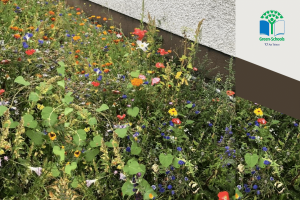
Scoil an Spioraid Naoimh is a primary school in Roxboro, Limerick with about 300 students and 22 teachers.
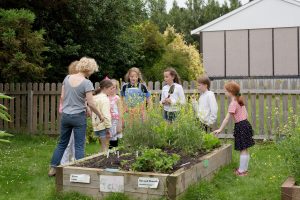
St. Vincent de Paul (SVP) National School is a girls’ senior primary school in Dublin. There are 316 students from 2nd to 6th class and 20 teachers.
Tree Week is coming! Join us March 9th – 13th. Details on live webinars, resources and activities coming soon- don’t forget to check back!
…Our Midterm Newsletter has loads of updates from all of our our Green-Schools themes – have a look. READ THE FEBRUARY NEWSLETTER HERE Would you like to receive the news …
Students from across the country were celebrated at a special awards ceremony in Dublin on Friday, 6th February, marking the announcement of the winners of this year’s Green-Schools Marine …
